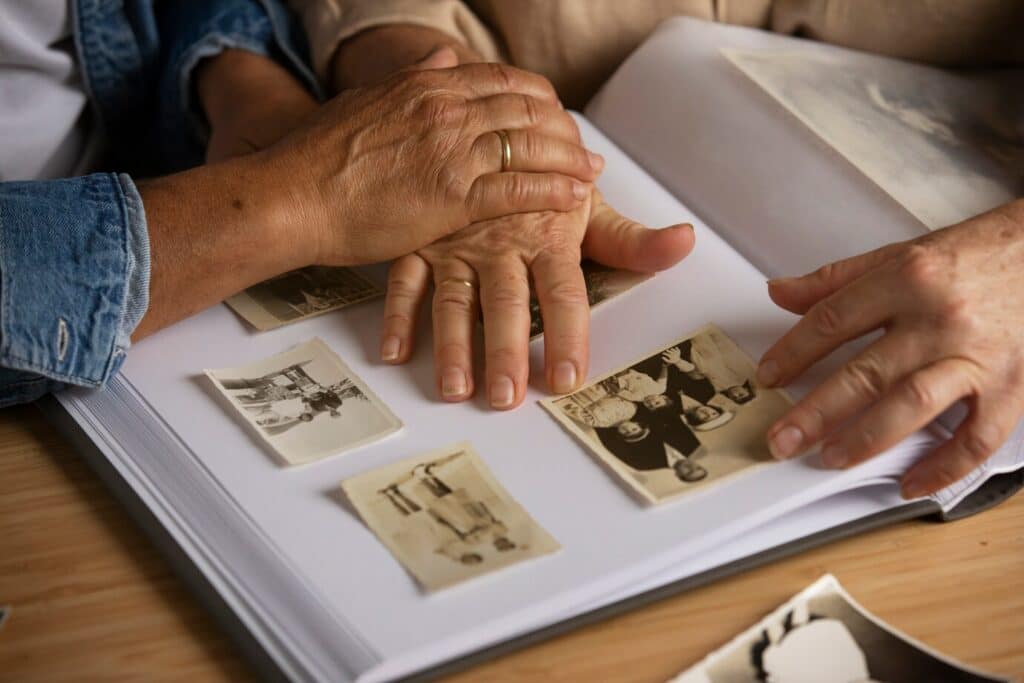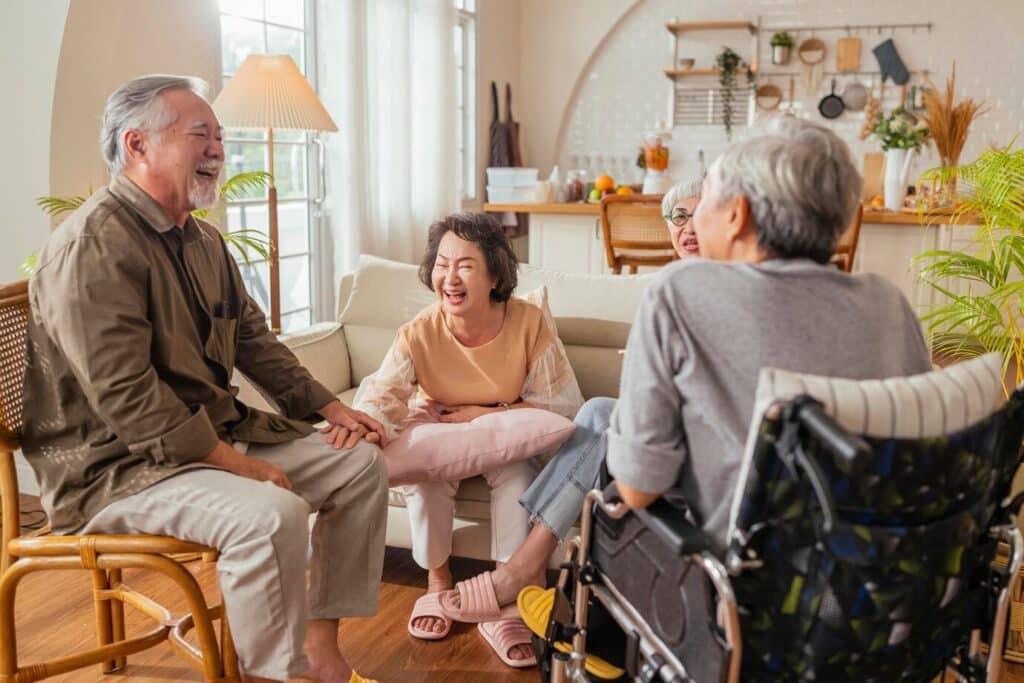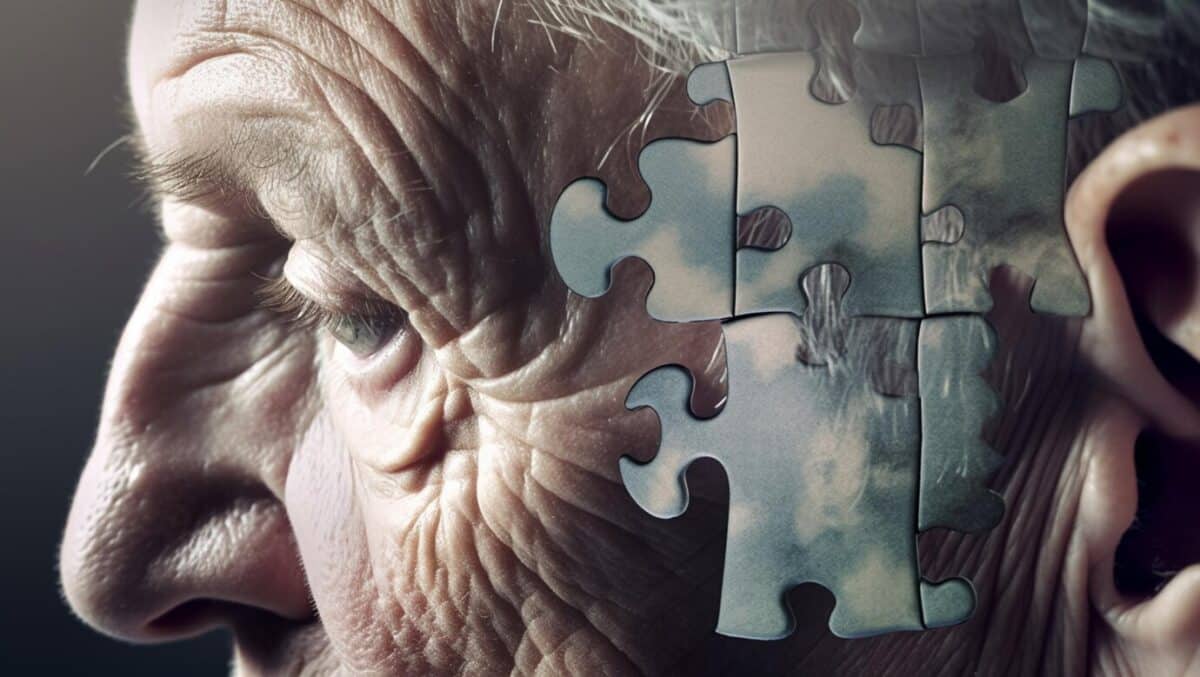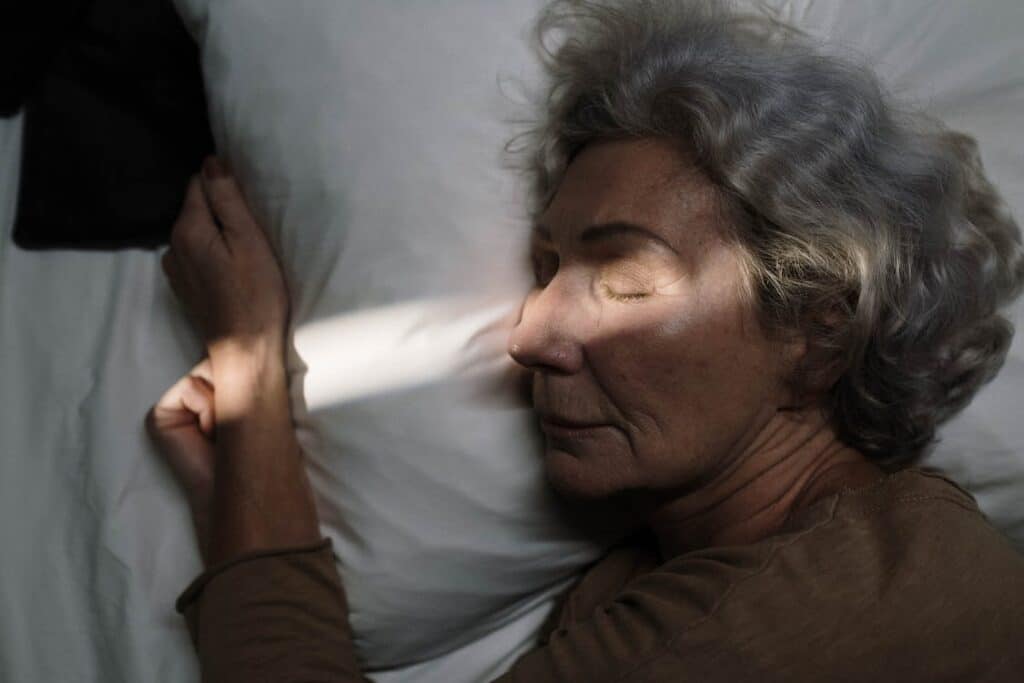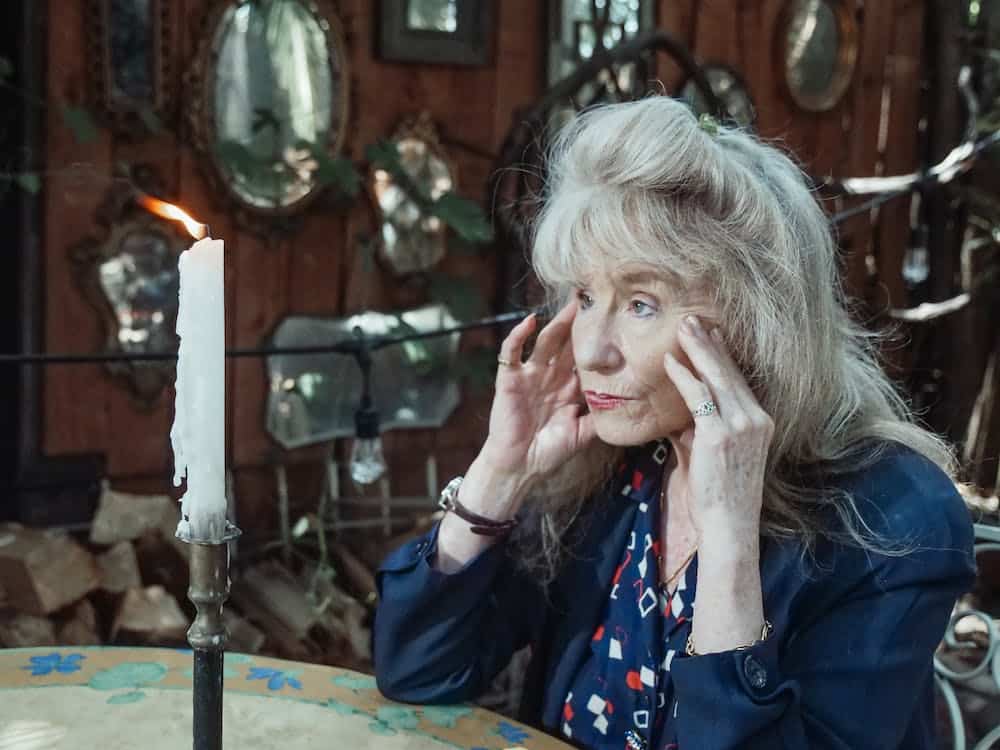Understanding Agitation in Memory Care Patients
What is Memory Care?
Memory care is a specialized type of elder care tailored for individuals with memory issues, including those with Alzheimer’s and other dementias. At places like Westmont of Fresno, experts craft environments to foster safety, engagement, and support for residents.
Why is it Crucial?
With Fresno’s growing elderly population, understanding and providing the best care for memory-related issues becomes paramount. Effective memory care benefits the patient and provides relief and assurance to families and loved ones.
The Onset of Agitation in Memory Care Patients
Defining Agitation in Memory Care
Agitation refers to feelings of restlessness, irritability, or aggressiveness that can manifest in various ways. This can be particularly challenging in memory care patients, as the cause might not always be clear.
Common Triggers
Triggers can range from environmental factors, like loud noises or unfamiliar settings, to internal factors, such as pain, hunger, or even certain medications. Recognizing these triggers is the first step in effective intervention.
Delving into the Causes of Agitation
Medical Issues
Undiagnosed or untreated medical problems can lead to agitation. Issues like urinary tract infections, constipation, or even simple dehydration can cause significant discomfort.
Environmental Stressors
An unfamiliar environment can be distressing. At Westmont of Fresno, we recognize the importance of a consistent, calming environment tailored to the needs of memory care patients.
Sensory Overload
Bright lights, loud noises, or even the presence of many people can be overwhelming. It’s crucial to ensure a patient’s environment is neither too stimulating nor too isolating.
Expert Coping Mechanisms and Recommendations
Individualized Care Plans
Every patient is unique. Hence, at Westmont of Fresno, we stress the importance of individualized care plans that consider the specific triggers and preferences of each resident.
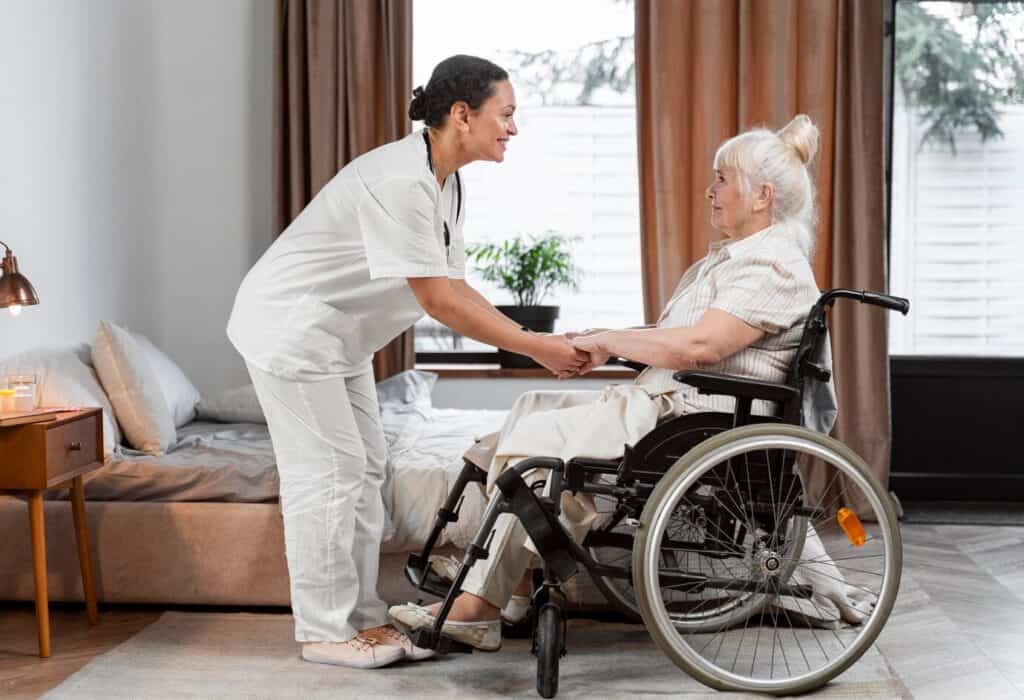
Non-pharmacological Approaches
Before considering medication, there are numerous non-drug approaches to consider. Techniques such as music therapy, pet therapy, or even simple tactile activities like folding laundry can have a calming effect.
Communication Techniques
Simple strategies in communication can make a significant difference. Speaking slowly, using non-verbal cues, and maintaining a calm demeanor can help reduce the chances of agitation.
How Westmont of Fresno Can Help
Expertise in Memory Care
With years of experience in providing care to memory-challenged residents, Westmont of Fresno stands as a beacon of expertise in the Fresno area.
Commitment to Continuous Learning
The field of memory care is ever-evolving. Westmont of Fresno remains dedicated to continuous learning, ensuring the latest techniques and research findings are incorporated into our care plans.
The Importance of Family and Community Support
Engaging with the Patient
It’s crucial for family members to remain engaged with their loved ones. Simple activities like sharing stories, looking at old photographs, or listening to familiar music can provide comfort and reduce agitation.
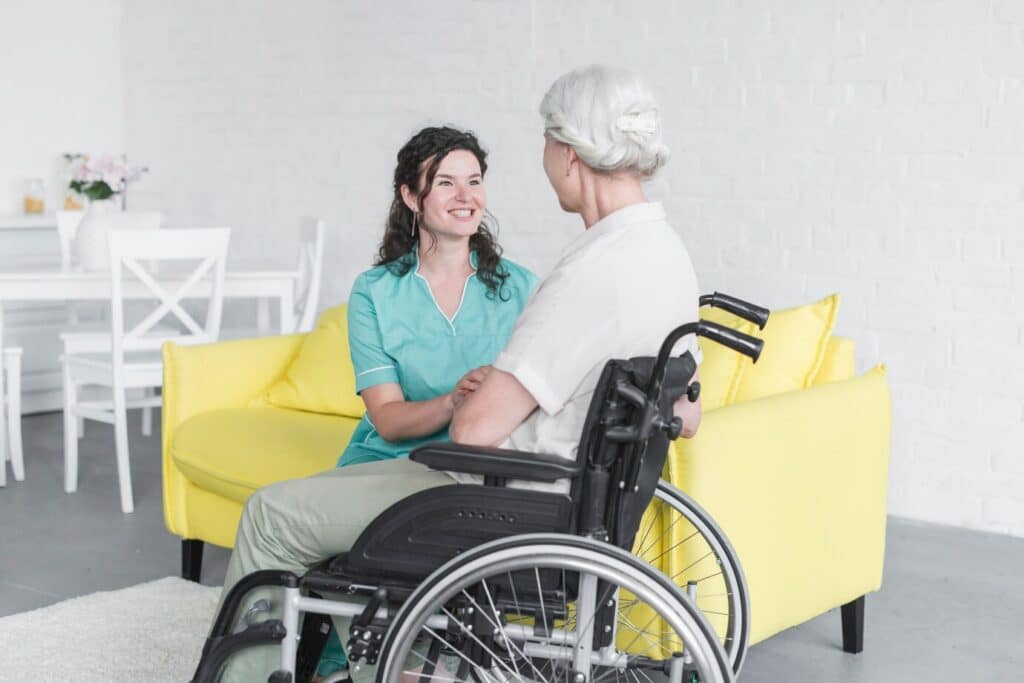
Education and Training for Families
Westmont of Fresno believes in empowering families. We offer educational sessions and resources to help family members understand the nuances of memory-related diseases and ways to cope.
Building a Supportive Community
Memory care patients benefit from a supportive community, not just within the facility but also in the broader Fresno area. Encouraging interactions and creating understanding reduces stigma and enhances the overall quality of care.
Prevention is Better than Cure
Early Detection and Intervention
The sooner potential triggers or underlying causes of agitation are identified, the better they can be managed. Regular check-ups, both medical and psychological, are essential.
Emphasis on Routine
Memory care patients often find solace in routine. A structured day, with familiar activities at regular intervals, can provide a sense of security and predictability.
Physical Activity and Diet
Physical activity, tailored to the individual’s capabilities, can help in reducing agitation. Likewise, a balanced diet, rich in essential nutrients, plays a vital role in overall cognitive health.

Looking Forward
The Road Ahead for Memory Care
The journey with memory-related conditions is challenging, both for patients and their families. However, with advances in research and a deeper understanding of the disease, there’s hope for better interventions and improved quality of life.
The Role of Westmont of Fresno
Situated in Fresno, CA, Westmont is more than just a facility. It’s a community dedicated to understanding, supporting, and enriching the lives of its memory care patients.
Conclusion
Dealing with agitation in memory care patients requires empathy, understanding, and expertise. Recognizing the causes and having effective coping mechanisms in place can make a significant difference in the quality of life for the patient.
At Westmont of Fresno, we’re here to guide you and your loved ones through this journey. If you have questions or need assistance, don’t hesitate to reach out. Give us a call at 559-446-1266 – because every moment matters.













